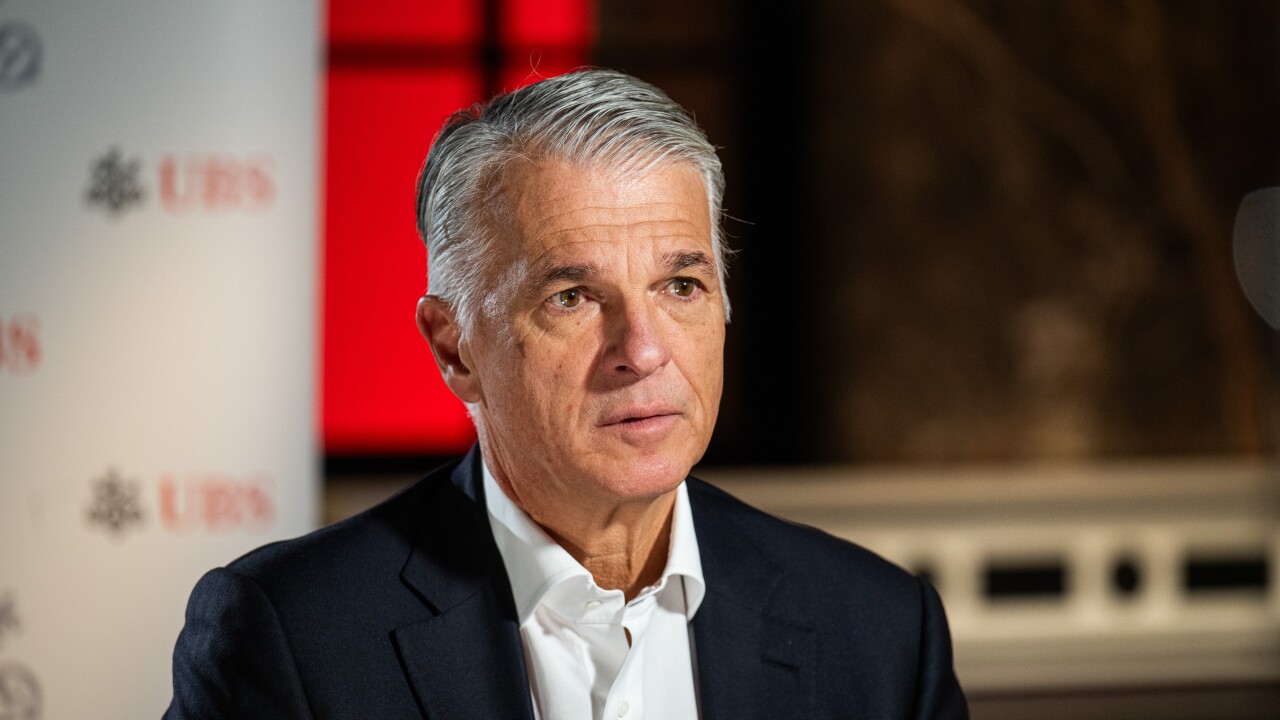Schwab Retirement Plan Services already serves 1.5 million workers saving for retirement, but hopes that its new Schwab Index Advantage service will increase participation even more by demystifying the 401(K) saving process.
The new service gives 401(k) plan participants access to index mutual funds with low operating expenses, as an alternative to more expensive actively managed funds typically found in most 401(k) plans. Participants who want knowledgeable, professional advice to get started will have access to a low-cost independent advisory service that develops a savings and investment program with the goal of increasing savings for individuals at retirement.
“We know that when people get advice on their 401(k) plans, they save at twice the clip than those who are not getting advice,” Jim McCool, executive vice president and head of institutional services at Schwab said in an interview, citing Schwab data. “They are absolutely better diversified, typically across as many as eight asset classes. More than 90% of those participants tend to remain fully invested and allocated even when markets have taken a significant downturn. That is pretty profound.”
Savers will also have choices aside from mutual funds. The San Francisco-based firm is also developing a version of Schwab Index Advantage that will use only index-based ETFs.
Schwab is also offering an FDIC-insured savings account through Schwab Bank. The feature will be available exclusively to 401(k) plan participants, and Schwab plans to offer a competitive interest rate to account holders, McCool said.
The program features another major component, the Schwab Retirement Planner, which will offer low-cost, professional and independent asset allocation services through GuidedChoice, an independent RIA. GuidedChoice will examine the participant’s plan characteristics and model a portfolio that makes the most sense for them.
“Unlike the way it is done today, with point in time advice, GuidedChoice will rebalance the portfolio, or develop a retirement readiness score for the participant,” McCool said. Participants can also get a retirement readiness score, which could change, depending on his or her situation.
The company is lining up new participants for the program, and will begin offering the services to existing clients on March 1, McCool said.
Donna Mitchell writes for Financial Planning.





